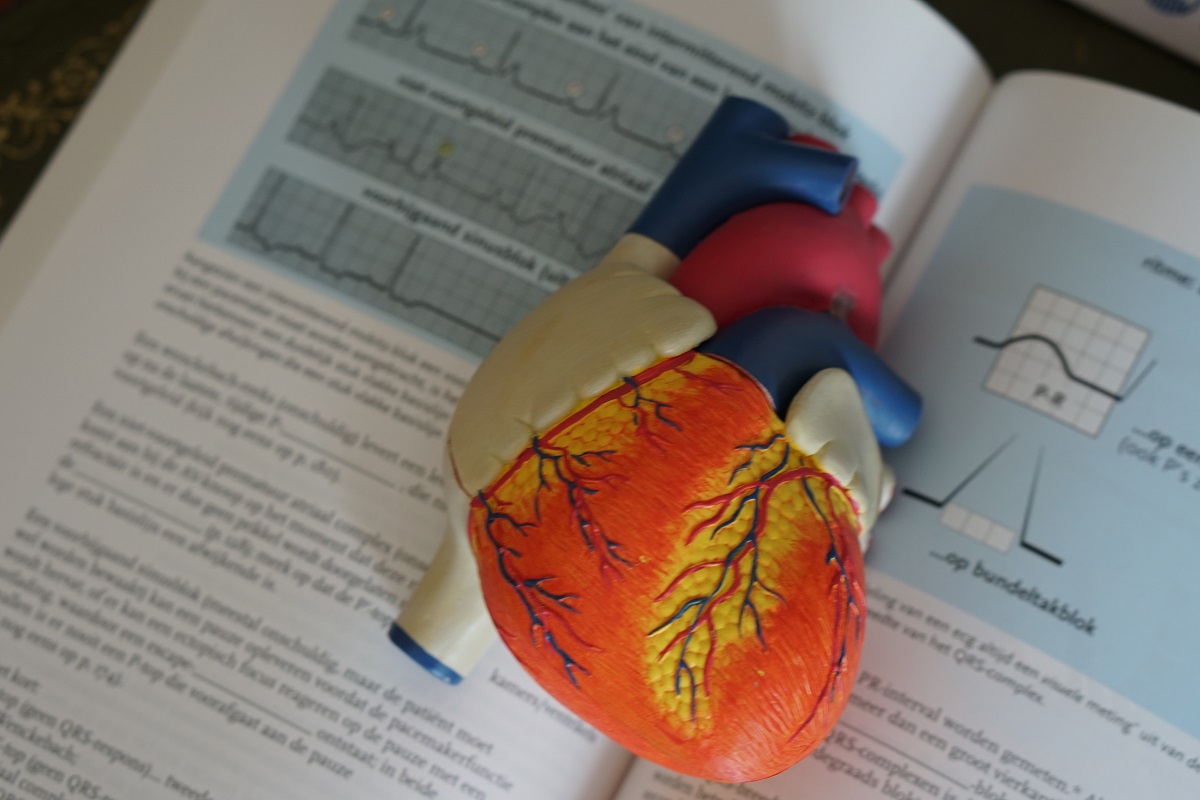Omega 3’s – Do they help reduce cardiovascular disease risk?
This is an exciting time of year in the world of cardiology as we have recently had the annual American Heart Association (AHA) meeting – virtually this year, of course. Each year during big meetings like this, the results of new trials are presented which serve to advance the treatment of cardiac disease.
Among the studies presented at this year’s AHA meeting was the STRENGTH trial which looked at the effects of taking Omega 3 fatty acids on cardiovascular disease risk. It has long been thought that Omega 3s are beneficial but the results of this study raise questions about their benefit.
STRENGTH (i.e. Long-Term Outcomes Study to Assess Statin Residual Risk with Epanova in High Cardiovascular Risk Patients with Hypertriglyceridemia) investigated whether patients at high-risk for atherosclerotic cardiovascular disease (ASCVD) had fewer heart attacks, strokes, admissions for coronary events, or death from cardiac causes if they took a high dose combination of EPA and DHA Omega 3s or a placebo. The study enrolled just over 13,000 patients over the age of 18 who had known ASCVD or were at high risk of developing it and who, despite being on guideline-directed statin therapy, continued to have elevated triglycerides and low HDL, known colloquially as “good cholesterol”. Study participants were split into two groups; half received the high dose EPA/DHA Omega 3s and the other half received placebo. The study authors then monitored these participants for an average of 3.5 years. They found that there was no difference between the groups in terms of rates of heart attack, stroke, death from a cardiac cause, or need for stent placement. The results of this study are neutral and suggest that Omega 3s do not affect ASCVD risk in patients already treated with statins.
So why have cardiologists been recommending Omega 3 fatty acids for improved ASCVD risk to date?
Science is ever-evolving and the studies that have been done to this point have in fact shown cardiovascular risk reduction in patients taking Omega 3s.
The JELIS study from 2008 which enrolled just over 18,000 Japanese study participants with elevated cholesterol showed that those who took 1.8 grams of EPA Omega 3s daily, rather than the combination of EPA and DHA used in the STRENGTH trial, and a statin had fewer coronary events than those who took statins alone. However, in this study, the statin intensity and dose used were lower than what ACC/AHA guidelines currently recommend which may have affected the results.
The REDUCE-IT study from 2019 showed that patients at high ACSVD risk who took 4 grams/day of purified EPA Omega 3s (not the EPA/DHA combo) and contemporary doses of statins had fewer cardiovascular events compared to those patients who took a placebo of mineral oil plus statins. In fact, these results prompted a study called EVAPORATE which showed that high dose EPA actually reduced coronary plaque burden in patients who had elevated triglycerides despite maximally tolerated statin. The combination of these results leads to the FDA approving Vascepa which is a high dose formulation of EPA.

Why is there a difference in results between STRENGTH, JELIS and REDUCE-IT?
There are a few theories.
First, both the JELIS and REDUCE-IT trials used a purified form of Omega3s that included only EPA, not a combination of EPA and DHA. It is hypothesized that the bioavailability of the combination of Omega3s is somehow not as beneficial as the purified version.
Secondly, it is possible that the placebo used for the JELIS and REDUCE-IT groups actually caused unrecognized cardiovascular harm such that when compared to Omega 3s, it made the results appear that the OMEGA 3s were causing a benefit even if they had a neutral effect on cardiac health.
Should you still take Omega 3s to reduce my risk of cardiovascular disease?
As always, it is best to have a conversation with your cardiologist to weigh the risks and benefits of taking Omega 3s. The data to date suggest that purified, high dose EPA Omega 3s likely have benefit for reducing ASCVD risk. The same is not clear for over the counter lower dose formulations. But what is clear is that there will be more research done on this topic. So stay tuned!
LOCATIONS
Contact us for more information.
